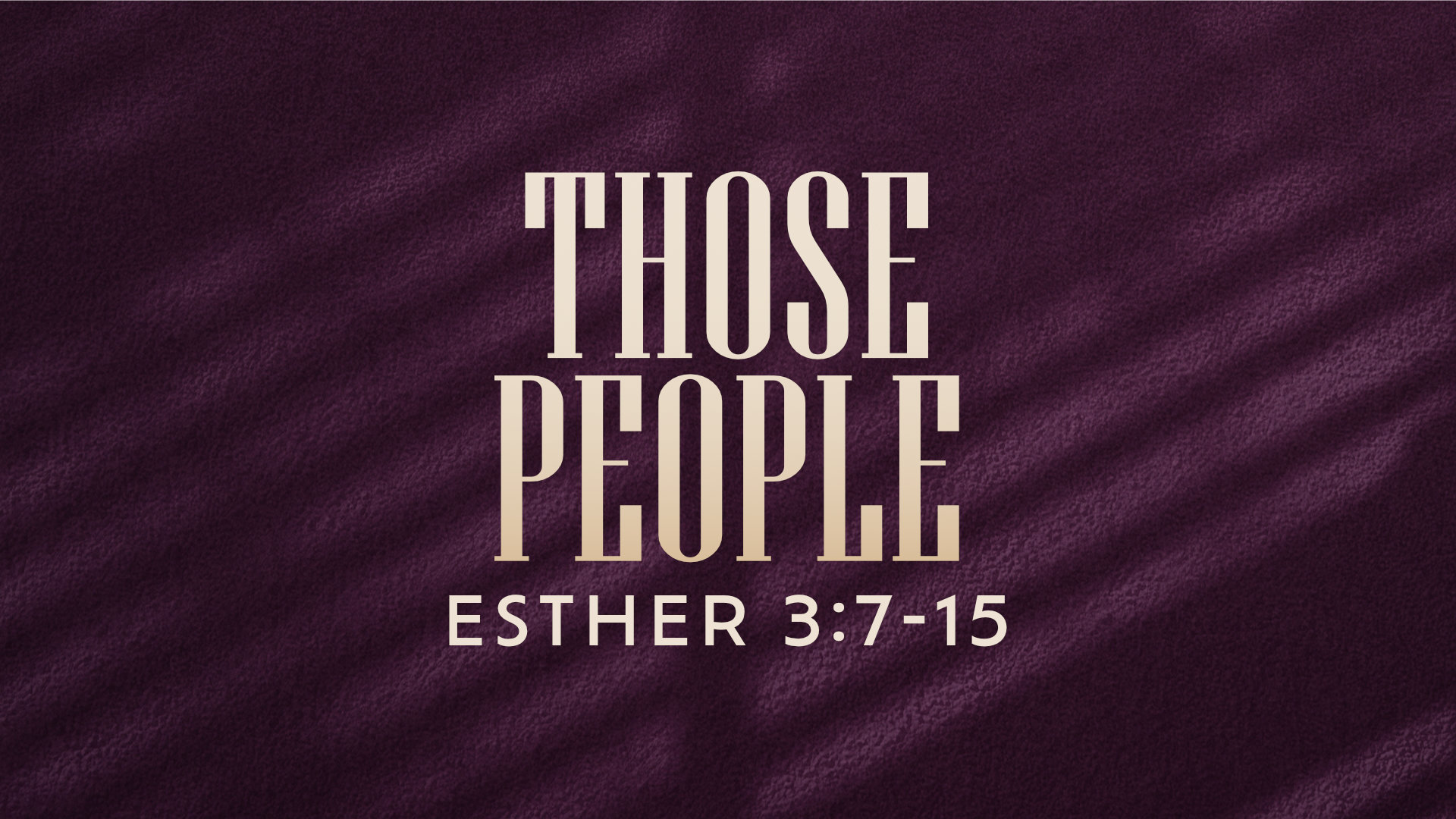Test Everything
Test Everything
In his book, The Divine Mentor, Wayne Cordeiro shares the story of how when he was in junior high, his dad “asked” him to help build a fence. Wayne’s job was to cut two inches off about 200 pieces of wood. He took his “standard” two-inch piece of wood and made a mark to cut. He cut the first board, then he discarded the “standard” piece and used the new “two-inch” piece of wood to make the next mark and cut. However, the new piece wasn’t exactly two inches, and Wayne continued this process of discarding one and using the last “two-inch” piece to mark the next board. After all day of doing this, the last board cut were not having two inches taken off, but more like three. His dad wasn’t too pleased and exclaimed, “You always use the original piece to mark the next!” “You always correct back to the Source.”
In First Thessalonians 5:21, we read, “but test everything; hold fast what is good.” In our lives, we need to test everything back to the words of Scripture. Cordeiro says, “Always correct everything you read back to the actions and the spirit of Jesus Christ. Go all the way back to Him. Not to an evangelist, not to another book you read, and not to something you saw on TV.”
If Wayne would have known to correct back to the Source, he would not have discarded his “standard” two-inch piece. He would have consistently used the same standard throughout the process of cutting the boards, and the fence would have been in much better shape (not to mention his dad’s attitude). But we are like Wayne too often. We hear the truth and then hear something very similar. We discard the truth and cling to the “almost truth.” But then another almost, almost truth comes along, and we repeat the cycle. After many repetitions, we are far from the truth and wonder how we got to where we are.
Paul tells us to test everything. This means to examine closely in order to determine its authenticity. Just because an actor or athlete gives thanks to God after a “performance” doesn’t mean that we should then do everything else they do. Or, just because someone wears a cross, we can’t assume they are followers of Jesus. We need to test all that they do. Are they bearing fruit? Do the other things they say and do match up with the Word of God?
The other day I heard someone say, “God helps those who help themselves.” In the context of our conversation, I understood what he was pointing out. Sometimes we are the answers to our prayers. While God is sovereign, we have a responsibility as well. We can’t just pray, sit back, and do nothing. God is working, but we are to work also. We are to put into practice the commands God has shown us. However, in different contexts, I have heard the same phrase used. It is usually in the context of a person trying hard and doing their best in regard to salvation. The idea is that God will save those who are trying really hard. While that may sound good with respect to “worldly wisdom,” it is not biblical. The Bible tells us we have nothing good to bring and our righteousness is filthy rags. (Isaiah 64:6; Romans 3:10) God saves those who can’t save themselves. It is all by the grace of Christ’s perfect life, death, burial, and resurrection (1 Corinthians 15:3,4; Ephesians 2:8-9).
“God helps those who help themselves” isn’t found in the Bible, but it is a saying attributed to Benjamin Franklin. Correcting back to the source helps us determine what is good. We search the Word to see if Scripture really supports this idea. For the former, Scripture would support the idea of God’s sovereignty and man’s responsibility. But for the latter, we don’t contribute to our salvation.
As we test everything, we may need to hold fast to some things but discard others. I am currently watching a series of videos to better equip me regarding counseling. Although most of it has been very good, I haven’t agreed with everything I’ve heard. I am constantly checking what is said with what I know about the Bible. I am like the Bereans in Acts 17, who examined the Scriptures daily to see if things were so.
As we hear people share about the Bible or talk about God, we need to test and discern what is being communicated. Does it match Scripture? What does match is good and can be wholeheartedly embraced? What does not can be shunned as evil and unbiblical? As Pastor Travis Agnew has stated, we need to “eat the fish and leave the bones.” Learn from what is helpful, but discard what is harmful.
Don’t let your life get off course. Test everything back to the Source. Allow the Bible to be your standard “tape measure” so that you don’t end up displeasing your Father.






























